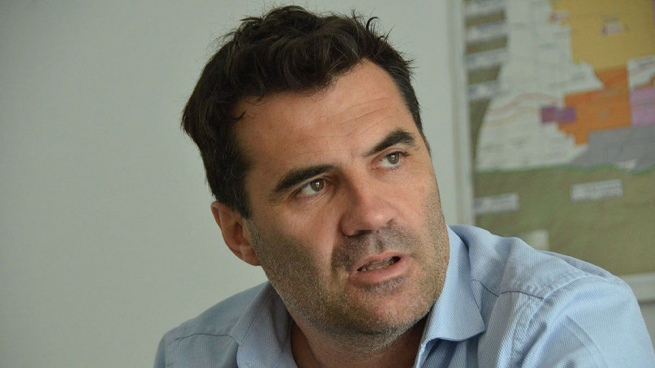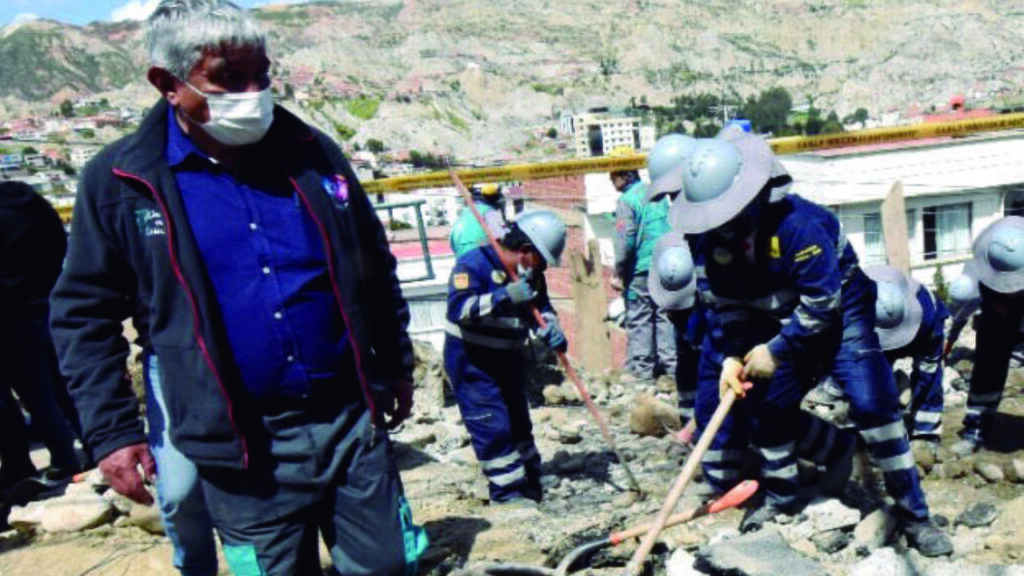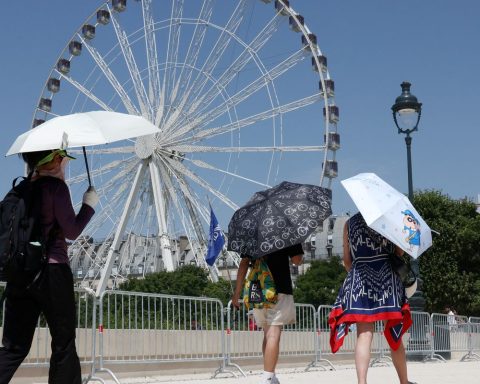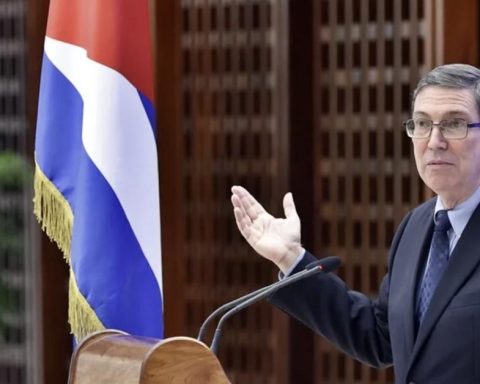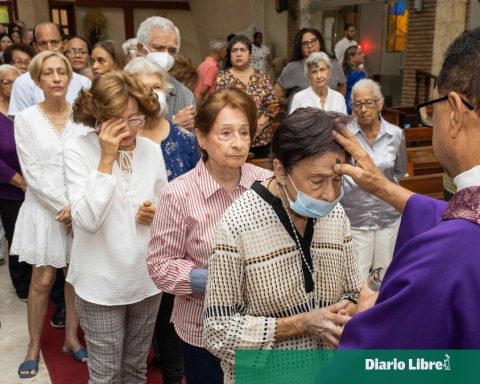The Secretary of Energy, Darío Martínez, affirmed this Monday that Argentina has “guaranteed the funds within rational values” to meet the gas import needs that will be required to supply the demand for the winter peak, but stressed that the price volatility requires “day-to-day monitoring” of those forecasts.
Martínez inaugurated this Monday afternoon the XIII Argentine Oil & Gas Exhibition which takes place until Wednesday at the La Rural property, in a ceremony attended by the governors of Neuquén, Omar Gutierrez; from Chubut Mariano Arcioni; and Rio Negro, Arabella Carreras; in addition to the directors of the main oil companies that operate in the country.
“We have secured the funds within rational values,” said Martínez regarding the financing that the government plans for imports of natural gas, Liquefied Natural Gas (LNG) and liquid fuels that the energy system will require in the winter.
#Nowwe are already in La Rural, in the 13th edition of Argentina Oil & Gas Expo, organized by @IAPG_Info. pic.twitter.com/kETIXCfqsy
– Darío Martínez (@dariomartinezpj) March 21, 2022
The most worrying case is that of LNG, which Argentina paid in 2021 a value of US$ 8.5 per million BTU and demanded a total of almost US$ 1,100 million, and currently due to the impact of the Russian invasion of Ukraine its price shot up to peaks of almost US$ 50 dollars.
Although Argentina demands LNG off-season from the northern hemisphere and could drive the price down, the Secretary of Energy himself recognized that “very high values” will have to be faced.
“Faced with this volatility, it is very difficult to do futurology, we have to see how the conflict is going to influence and what decisions the rest of geopolitics is taking and that is why we have values that go up and down”added the official.
Hours earlier, at the same event, the Minister of Economy, Martín Guzmán, explained that “the shock in the balance of payments, at today’s prices, is neutral” in reference to the concern about the cost of price volatility in public accounts, and detailed that “the impact of the shock on commodities is offset -both in grains and in gold, in mining products in general- with the shock in energy, given the import needs”.
Total oil production last February reached 571,000 barrels per day and registered the highest level since December 2011.
But beyond the short-term situation, the event that brings together the entire oil and gas industrial chain focuses on the opportunities that are open to Argentina with the use of its natural resources and the need to increase its capacities. transport, particularly focused on an export project.
During the day, and within the framework of the Exhibition, it was announced that Total oil production last February reached 571,000 barrels per day and registered the highest level since December 2011.
With regard to gas, production remained practically stable in relation to January, which was a month with a historical record for unconventional production, and was 11% higher compared to the same month in 2021 and with a growth of 38% in unconventional of Dead Cow.
“There is a world of opportunities in the medium and long term, as energy policies should be defined, but we must maintain predictability, clear rules and rebuild the trust that had been lost,” said Martínez in this regard, mentioning the expected development of the Fénix Project in the Austral Basin and offshore exploration of the Argentine Sea.
Martínez affirmed that “it is the decision of the government to push and accelerate the process with the collaboration of the Ministry of the Environment to achieve better and greater controls, but that development must be accelerated, the world puts us in that situation of opportunity.”
The secretary stressed that the increase in oil and gas production in recent months created the challenge of ensuring transportation in the face of bottlenecks encountered by producers, so in addition to highlighting the construction of the Néstor Kirchner trunk gas pipeline, he anticipated that “Investment plans are being studied” to add capacity to the pipelines.
Moments before, and in front of the same audience, the CEO of YPF, Sergio Affrontisaid that considering the increase in production last year, the goal is to be able to double YPF’s current oil production in five years to go from 220,000 to 450,000 barrels per day, in 2026
“YPF, starting in 2005, became a structural buyer of oil for its refining system, which is why we have the goal of being self-sufficient in production by the end of 2023, and from then on we will become structural exporters,” Affronti projected. .
Finally, Ernesto López Anadón, president of the Argentine Oil and Gas Institute (IAPG) as organizer of the event, highlighted the “multiplier effect of the industry and the contribution throughout the country that translates into activity in provinces that do not have oil but that benefit from the activity of hydrocarbons”.
“The Russian invasion and the destruction of a neighboring country put the world on alert and will generate geopolitical changes and changes in the energy sector; however, Argentina has to set itself the goal that within this context it can come to the fore and be one of the the relevant countries in the supply and replacement of many of them energy sources that no longer flow to Europe”, he concluded.
